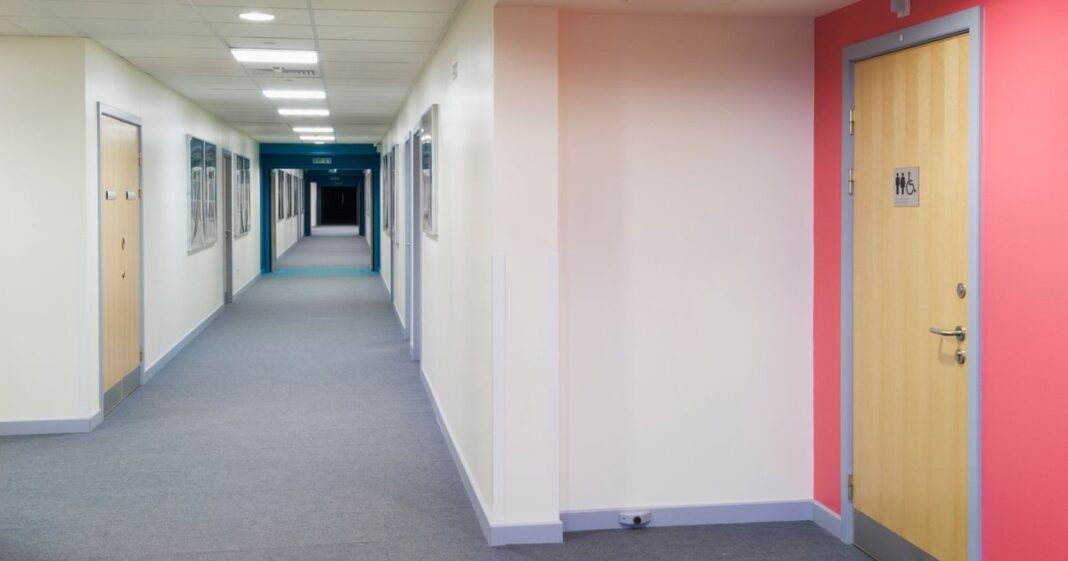Arrowhead High School has caused a stir among students with the introduction of a new electronic pass system that restricts restroom usage. Some students at the school have expressed discontent with the new digital system, which only allows them to use the pass three times a day or seven times a week.
The implementation of this system has raised concerns, particularly regarding the limitations on the number of students who can access passes simultaneously, leading to difficulties for those seeking bathroom privileges.
During a school board meeting on September 10th, student J.P. Moen raised objections to the policy, highlighting the potential issues it could create. He pointed out that the strict limitations could prevent students from using the bathroom when necessary, potentially resulting in unfair consequences for emergencies.
Despite the backlash, Superintendent Conrad Farner defended the ePass system, stating that it prioritizes safety, enhances learning, promotes responsibility, and reduces inappropriate behavior. He assured that accommodations are available for students requiring additional passes or time.
Farner explained that the decision to implement the ePass system stemmed from concerns about students wandering the hallways during class time, leading to excessive administrative efforts. Following research on effective solutions adopted by other schools, a team of educators and administrators concluded that the ePass system would benefit Arrowhead High School.
The system aims to deter unsafe behavior and minimize disruptions in classrooms, providing valuable data in case of emergencies. It restricts students who frequently leave class for non-essential reasons, ensuring a safer and more structured environment.
Students are limited to one pass per block class and a maximum of three passes per day or seven passes per week. The system also regulates the number of students allowed in restrooms based on available stalls.
Passes are pre-set with time limits for bathroom and classroom transitions, with the flexibility for staff to adjust as needed. Currently, there are no automatic consequences for exceeding time limits; teachers handle any issues individually.
Farner acknowledged that adjustments may be necessary as the school continues to evaluate the effectiveness of the system.

